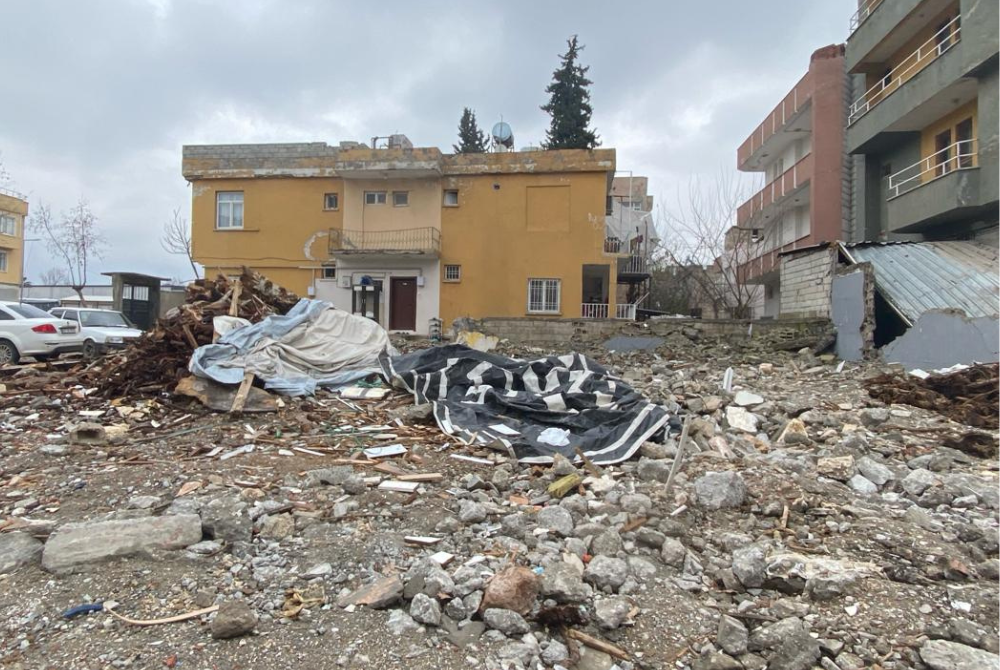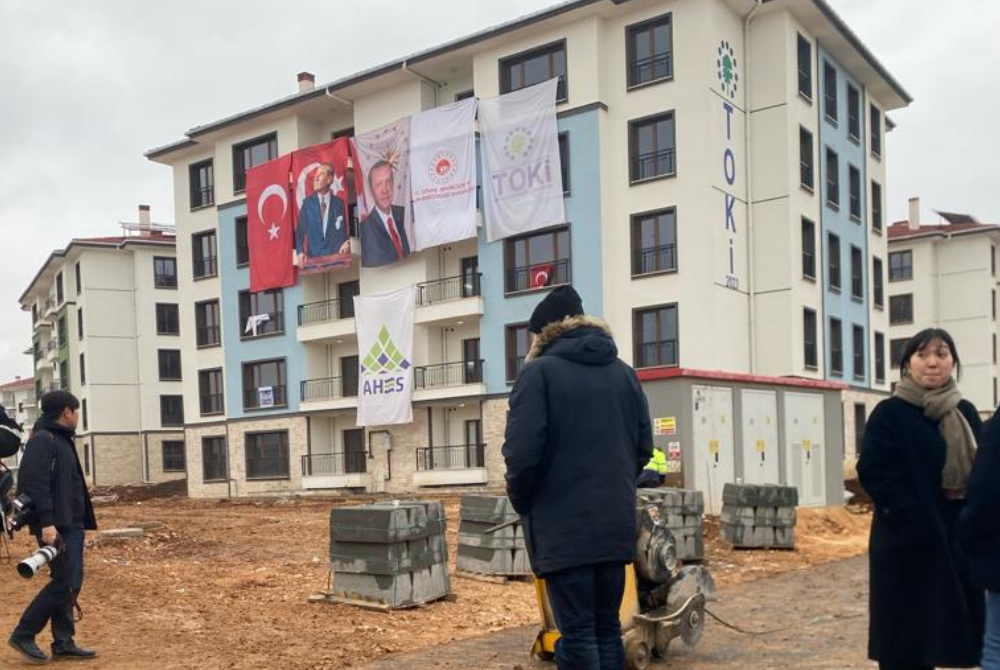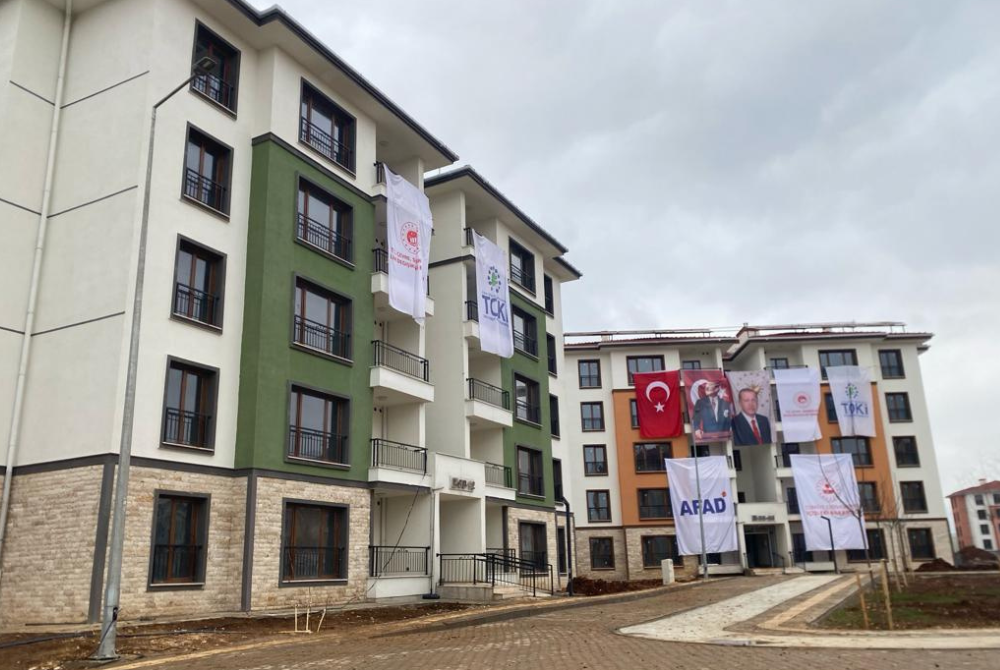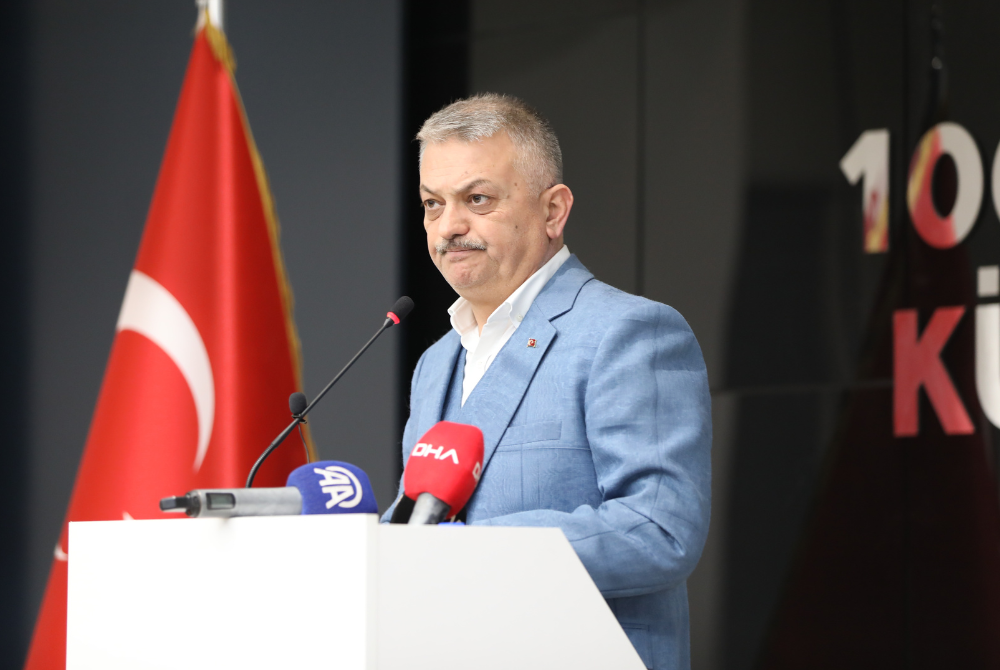Rising from the rubble: Turkey's reconstruction gives hope to residents post-earthquake
The aftermath of the earthquake presented an opportunity for transformative change and make the cities more sustainable and fit for decades to come.


TURKEY - Two major earthquakes wreaked havoc in southeastern Turkey, leaving an estimated 1.5 million people homeless, in February last year.
To illustrate the enormity of the housing crisis that followed suit from the earthquake, it was reported that the natural disaster led to the destruction of 518,000 homes and damage to 128,778 across 11 Turkish provinces.
The Turkish government, under the leadership of President Recep Tayyip Erdogan scrambled to provide immediate relief to its citizens.
From makeshift tents, hundreds of thousands have been moved to container cities, and most still live in temporary containers.
Acknowledging the need for a strategic, long-term approach, it was reported that Erdogan targeted to complete the construction of 319,000 housing units within a year since the earthquake hit.
In hindsight, the massive destruction of the earthquake's aftermath presented an opportunity for transformative change and make the cities more sustainable and fit for decades to come.

Sinar Daily, along with various international media outlets, was recently invited to a press tour to have a firsthand look at the reconstruction of houses, the development of new settlements, and the transformative initiatives undertaken by the country to emerge stronger from the aftermath of the seismic events.
In Malatya, its Governor Ersin Yazici shared that the current progress of the reconstruction of homes are that 14,636 residences have been completed while 2164 are still under construction.

We visited a construction site for permanent homes to take a closer look at its progress.
Journalists were able to witness, up close, the ongoing construction of the new modern infrastructure.
The construction site we visited were dotted with 5-storey apartment complexes. According to Seyhan Vatansever, a civil engineer from TOKI, Turkey’s government-backed housing agency, the apartment units have completed their tender process and are now in the process of delivery to their new homeowners.
“These houses come with three bedrooms and one living room. We are designing open car parks which is expected to be completed this month. By then, people will be living here actively.
“There are also plans to build a new school, a social centres and mosques,” he said.
In another affected province about two hours away by bus from Malatya is Adiyaman.
It was reported that more than 8000 people are thought to have died in the earthquakes that struck Adiyaman.
The container cities are densely packed but new settlements elsewhere have been established. We were brought to visit another site where rows of landed one-story homes were being built across an empty land.
At the time of visit, a total of 29 houses were completed and would be available soonest for citizens to live in after going through a tender process.
Adiyaman’s Deputy Governor Mehmet Tigli said the new homes will be handed over to the victims after a lottery between applicants.
Her added: “There will be made no distinction between social class or ethnicity. The only requirement is that their houses were destroyed in the earthquake.”
The new home owners will pay for housing loan over the course of 20 years with zero interest, however for the first two years, they are not required to pay mortgage.
“We are planning to return Adiyaman to its norma state. We are doing our best to continue and will continue to do so to heal the wounds from the earthquake,” he said.
Other provinces in the region that were heavily affected were Kahramanmaraş, Hatay, Gaziantep, Kilis, Diyarbakır, Adana, Osmaniye, Elâzığ and Şanlıurfa.
The rescue and relief efforts were hampered by the winter storms and damaged roads.
However, more than 94 countries joined to help the earthquake victims.
Malaysia reportedly channeled over RM20 million in humanitarian aid to help earthquake victims in Turkey and Syria.
Download Sinar Daily application.Click Here!















